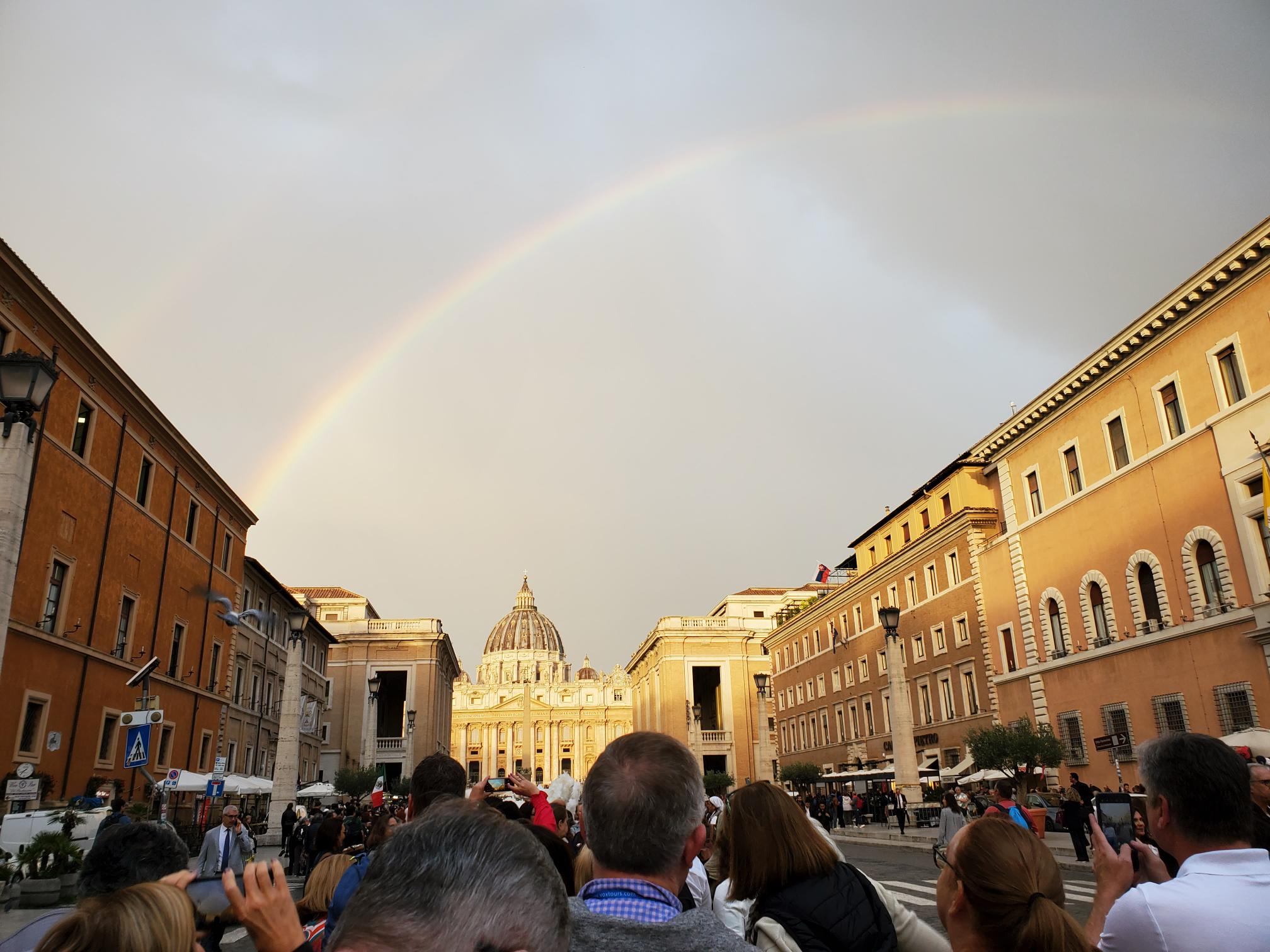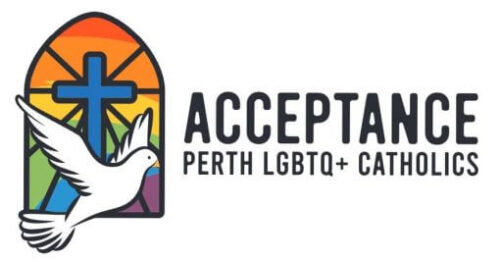The recent dubia response from the Dicastery for the Doctrine of the Faith, admitting transgender persons to baptism and allowing them to serve as godparents in some situations, was certainly a welcome surprise. The Vatican’s statement is another positive step for our church in true inclusion for all.
Given past negative references from the church to “gender ideology,” the document and its tone are extraordinary. Perhaps listening sessions with groups of transgender persons have allowed Pope Francis to better know us simply as people, as it is only through encounter and listening that one understands our lives.
The document’s provision that these welcoming gestures towards transgender people must not “cause scandal or confusion among other Catholics” certainly leaves much open to interpretation by local pastors. But in a positive sense, the document supports those priests and religious who are currently inclusive, and provides permission and guidance for those who want to be more inclusive.
Given past negative references from the church to “gender ideology,” the document and its tone are extraordinary.
The Vatican’s statements regarding the sacraments—and a person’s “subjective disposition towards grace” and “commitment to living a fully Christian life”—would seem to apply no differently than any other Catholic, straight or LGBTQ.
The phrase “cause scandal or confusion among other Catholics” has unfortunately been used by some to exclude the very participation that the document tries to encourage. This is not new. But as a transgender Catholic, I view the document as another recent sign of hope within our church.
The pope’s supportive letters to LGBTQ ministers, and his meetings last month with representatives of New Ways Ministry, DignityUSA, Outreach and the Global Network of Rainbow Catholics, further acknowledge the good work being done by many for true LGBTQ inclusion.
Against the backdrop of positive signs from the Synod, I had the privilege to participate in a recent pilgrimage to Assisi and Rome. Called “From Francis to Francis,” it was organized by America Media and led by Daniel P. Horan, O.F.M., and Sam Sawyer, S.J. (Outreach editor James Martin, S.J., attended part of the pilgrimage.)
Together with approximately 50 Catholic pilgrims from all over the United States (and one from El Salvador), we carried prayers for a more inclusive church on our journey. And many pilgrims had some personal connection to the LGBTQ community. Our days included visits to the Basilica of Saint Francis of Assisi, the Chiesa Nuova, the Basilica of Saint Clare and the Sanctuary of La Verna, where Saint Francis received the stigmata in 1224.
As a transgender Catholic, I view the document as another recent sign of hope within our church.
We celebrated Mass at the Basilica of Saint Mary of the Angels, where the Porziuncola, a tiny fourth-century church and the birthplace of the Franciscans, was repaired by St. Francis and his followers. We toured Ignatian sites, including the Mother Church of the Society of Jesus, and numerous Vatican highlights, such as the Sistine Chapel and the Vatican Museums.
Just prior to a five-minute rain shower on the morning of a general audience with the pope, a beautiful rainbow appeared, slowly spreading until it stretched over the Vatican. I saw this as a sign of God’s love for the LGBTQ community.
At the Basilica of Saint Mary Major in Rome, there is a side chapel displaying an image of Divine Mercy. Red represents the blood of Jesus, while blue represents water. But to me, the faded red appeared instead as pink, creating a pink and blue image—the colors of the transgender community. There, I found my transgender Jesus, and I remained there for some time in reflective and tearful prayer.
During my nine-hour flight home, I read the 2018 book Tomorrow Will Be Different by Sarah McBride, a state senator in Delaware. I reflected on how her continued fight for basic LGBTQ rights somewhat paralleled the journey of LGBTQ inclusion within the Catholic Church. “A government cannot be ‘of the people, by the people, and for the people’ if wide swaths of the people have no seat at the table,” writes McBride. The words sounded too familiar. “We’re moving too fast, we need time for further study, etc.”
Shortly after I arrived home, the Synod report was published. Some people (including me) were disappointed that there was no specific mention of the LGBTQ community. One paragraph referencing sexual and gender identity seemed to give some hope for what might be possible over the next 11 months, leaving the door open for more dialogue.
But this positivity was fleeting when a day later, I received a text from a transgender friend, a lifelong and devout Catholic. She said her former pastor told her that “living as a woman was a sin,” and that she needed to confess, de-transition and seek conversion therapy to help her be saved. She said she was instructed not to attend “his church” until she started de-transitioning.
To me, therefore, the new dubia response is timely. It gives us hope, and I am very thankful.
It’s not easy to be a transgender person in the church. In fact, it can be really difficult at times.
While our Italian pilgrimage is over, our lifelong pilgrimage for a more inclusive church continues. We do not know where the Holy Spirit will lead us in the next 11 months and beyond. Over these past few weeks, we’ve seen a willingness to dialogue, even where there may be disagreement. I pray our church opens its doors to everyone, specifically women and LGBTQ people.
As my friend’s encounter with a priest illustrates, it’s not easy to be a transgender person in the church. In fact, it can be really difficult at times. The last few weeks, however, have made me more determined than ever. Even with setbacks, we must continue to be visible, to encounter and educate others, to show them who we are—children of God.
As our guides in Rome often said, “Andiamo!” or “Let’s go!” And to quote Pope Francis, “Avanti!” or “Move forward!”



